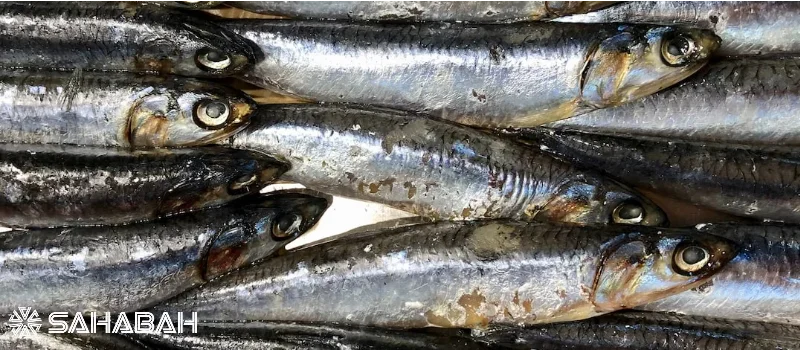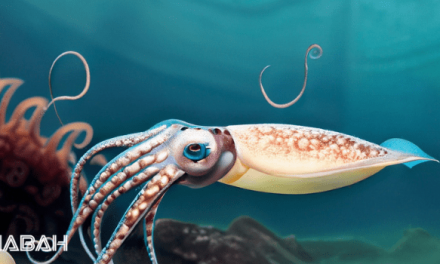Eating halal is an important part of life for observant Muslims. When it comes to seafood, there are some grey areas around which fish are halal and which are haram. Anchovies are a popular fish, but are anchovies halal? In this comprehensive guide, we’ll cover everything you need to know about halal fish, including a halal fish list and information on anchovies specifically.
Halal foods, including halal meats and seafood, must be prepared according to Islamic dietary laws. Knowing what is halal and what is haram is key for Muslim consumers who wish to eat permissible foods. Fish can be a great source of halal protein, but not all seafood is automatically halal. We’ll explain how Islamic scholars determine which fish are halal, and provide a helpful halal seafood guide.
What Makes a Fish Halal or Haram?
According to the Quran, Allah has provided fish as sustenance for mankind. However, some specific types of seafood have been declared haram for Muslims to consume. Fish is considered halal in Islam if it meets two main requirements:
-
It must have fins and scales. Shellfish such as shrimp, lobster, crab and mussels are forbidden.
-
It must be caught alive from the water and killed properly according to Islamic guidelines. This means that if a fish dies naturally in the sea or a net, it is haram.
The reason fins and scales are important is because the Quran specifically forbids consumption of sea creatures without these attributes. Scholars consider fish with scales to be pure, while shellfish and eel are viewed as impure.
There is also some disagreement among different schools of Islamic thought regarding which seafood is halal. But the majority consensus is that fish with visible scales are halal, while shellfish are haram.
List of Popular Halal Fish
Here are some of the most common types of fish that are considered both halal and kosher:
Some popular seafood that is NOT halal are:
Keep in mind there are some differing opinions on whether prawns and shrimp are halal. Some Islamic scholars argue they are acceptable. But the majority ruling considers shellfish haram due to lack of scales.
Are Anchovies Halal?
Now that we’ve covered what attributes make a fish halal or haram, let’s specifically look at anchovies. Here’s a quick rundown:
-
Anchovies are a small, common forage fish belonging to the Engraulidae family. They have a silvery skin and rows of tiny bones.
-
Anchovies have easily visible scales and fins. This means according to the Quran and most scholars, they are considered halal for Muslims to eat.
-
They are caught and processed in accordance with halal slaughter guidelines, so the way they are prepared also falls in line with halal standards.
-
Canned anchovy fillets or anchovy paste are popular ingredients in many cuisines. As long as no other haram ingredients are added, these anchovy products are halal.
-
Some brands of anchovies even carry halal certification from approved organizations like the Islamic Food and Nutrition Council of America (IFANCA).
So in summary, yes – anchovies are indeed considered a halal fish for Muslim consumption according to Islamic law. They have the scales and fins required to be permissible, and are an excellent source of protein to include in a halal diet.
Questions Muslims May Have About Halal Fish
Eating halal requires some careful consideration when it comes to seafood. Here are answers to some common questions Muslims may have around halal fish guidelines:
Does the fish have to be alive when caught?
Yes, according to most scholars, the fish must be alive in the net or water when captured in order for it to be considered halal. If the fish dies naturally in the sea or net, it becomes haram.
Do the scales have to be easy to see?
Scales must be visible to the eye or touch without the use of a microscope or other equipment. Some fish like shark have minuscule scales called dermal denticles, but these do not satisfy the halal scales requirement.
Can you eat seafood that does not have scales?
Shellfish such as lobster, crab, oysters and mussels are forbidden in Islam because they do not have visible scales. Shrimp and prawn are more controversial but also considered haram by most scholars.
What about processed seafood like fish sticks?
Processed fish products are halal as long as the original fish is halal, no alcohol or other haram ingredients have been added during processing, and the equipment used is cleaned per Islamic guidelines.
Do brands of fish need to be certified halal?
Halal certification provides assurance but is not always required. For processed seafood, checking ingredients for alcohol and other haram additives is recommended. For whole fish, scales and proper catching and slaughter are sufficient.
Can Muslims eat anchovies and sardines?
Yes, both anchovies and sardines have visible fins and scales. They meet the Quranic requirement for halal seafood. Canned anchovy and sardine fillets are a popular halal pantry staple.
A Final Checklist for Choosing Halal Fish
When in doubt about whether a fish is halal, here is a checklist that covers the key criteria:
- [ ] The fish has visible scales
- [ ] It has fins
- [ ] It was captured alive from the water
- [ ] No haram ingredients have been added if processed
- [ ] The fish meets halal slaughter guidelines when killed
- [ ] No alcohol or contamination with haram foods during processing and preparation
Following these guidelines can help Muslim consumers confidently choose halal seafood options that align with Quranic principles and Islamic dietary laws.
Conclusion – Anchovies Are Halal and Nutritious
Part of eating halal means choosing seafood that aligns with the teachings of the Quran and standards set by Islamic scholars. Anchovies nicely meet the major criteria for being a halal fish. They have fins and scales, and are caught alive from the sea. Canned or processed anchovy products are also halal as long as no haram ingredients are added. Plus, anchovies are rich in heart-healthy omega-3s, protein and essential nutrients. So not only are anchovies halal, they also provide excellent nutritional benefits.





